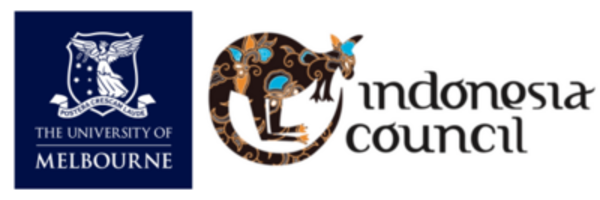Talk Description
Scholarship has paid considerable attention to explaining policy change by highlighting various causal mechanisms that influence it, including policy learning, institutional arrangements, rules, and ideas. However, less attention has been given to other potential factors which could play a relevant role in policy change, such as leadership, institutional change and interest groups engagement. This paper aims to examine the policy change and continuation of Indonesia’s largest food assistance program, currently named as Program Sembako. While it began as a temporary measure to mitigate the shocks caused by the Asian Financial Crisis in 1997-1998, for over two decades the program has become a fundamental part of Indonesia’s social protection policy, particularly related to its aim in poverty alleviation. Employing analytical frameworks used in policy change and continuity, this paper is motivated in trying to understand how the program has endured and evolved and what practices change it across regime types.
